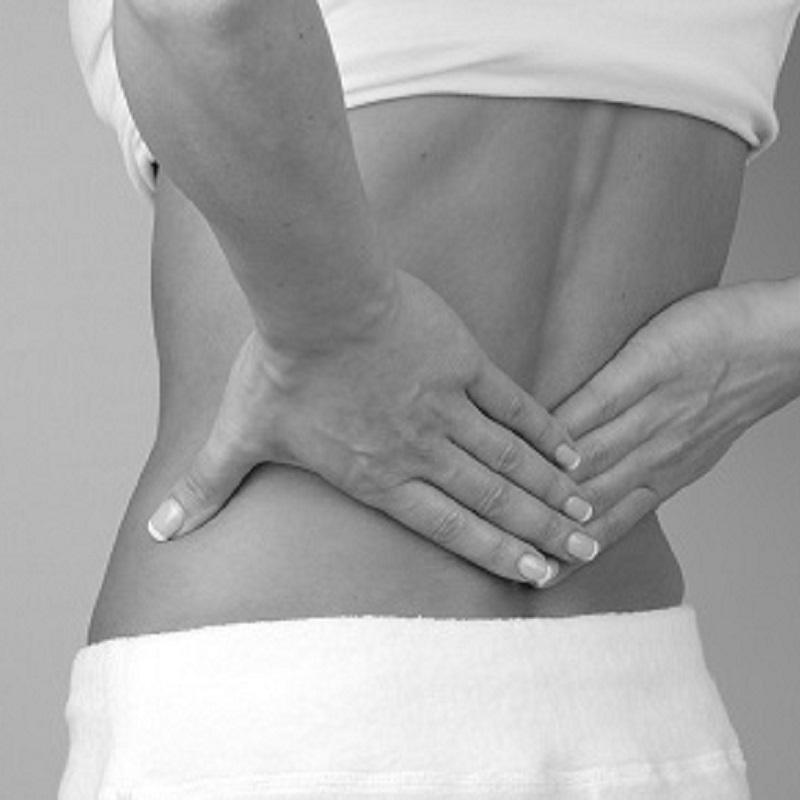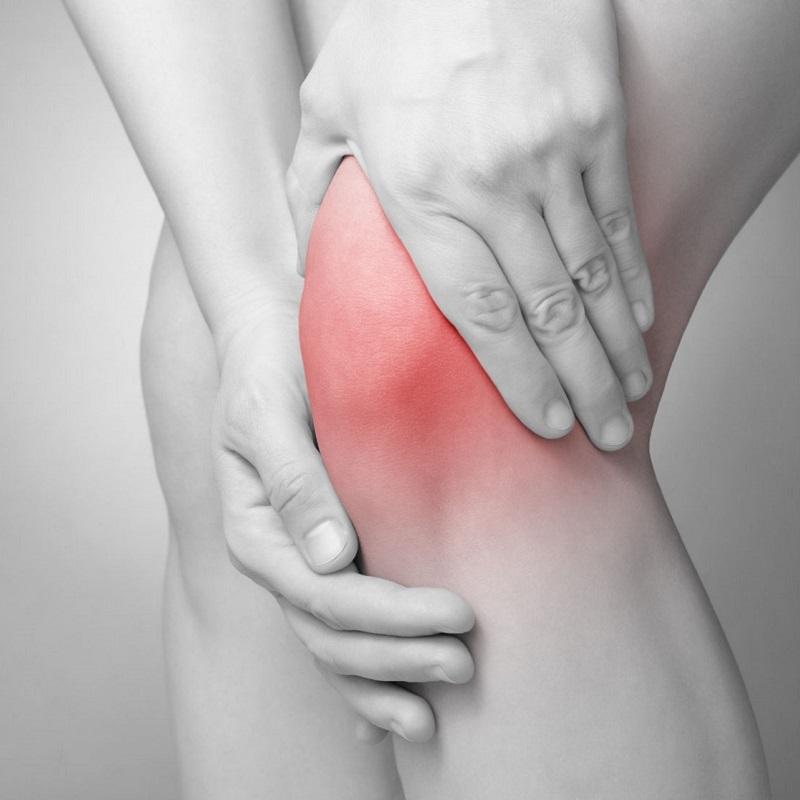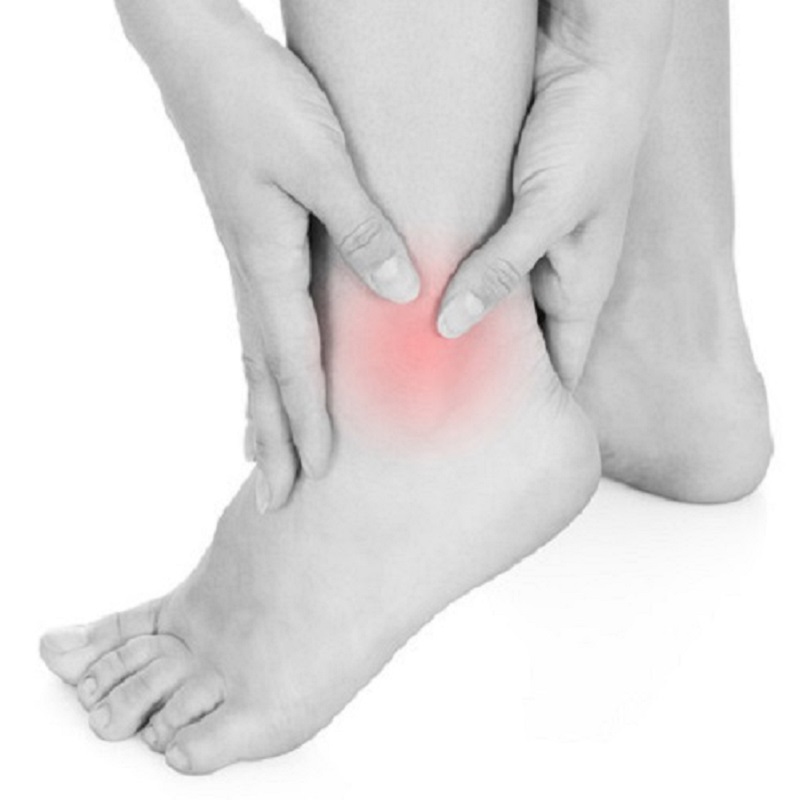Low back refers to the lumbar region below rib cages, the pelvic region between two hip joints, and its' pain can also be the neuropathic origin.

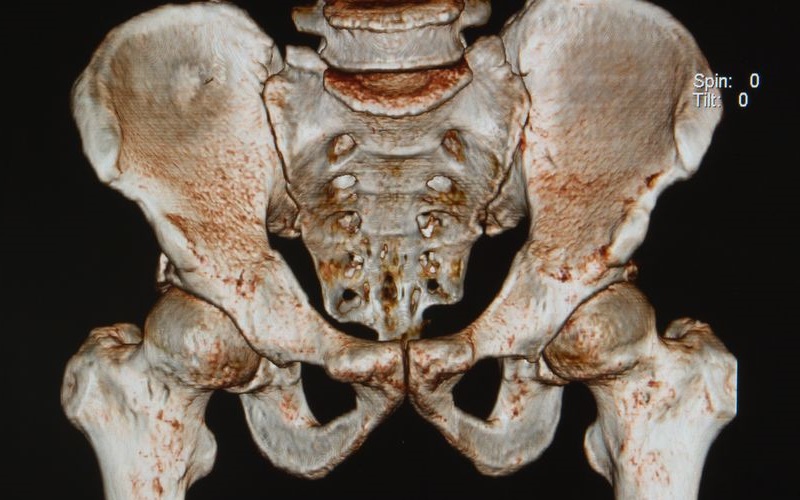
Low Back Region Basic Anatomy
The low back region covers the lumbar spine and part of the pelvic region. The lumbar spine is composed of five spine vertebrae, and body weight is distributed through the lumbar spine to pelvic and sacrum.
The low back stability is fulfilled by co-ordination of transverse abdominis and segmental tonic muscle.

Back Pain Common Causes
Back pain can be deliberating, affecting up to 80% of the population suffering from significant back pain at some point during their life. There are certain factors predisposing for back pain, overweight, poor sitting posture, weak body muscle for keeping good spinal alignment, sitting for long time, etc. Most of the back pain cannot be diagnosed with clear pathology, and it would be marked as "Somatic Pain". However, there are few source that might be able to account for the most known reason of back pain.
- Sprained / Strained low back muscle
- Prolapsed Inter-vertebral Disc
- Sprained / Strained ligament
- Osteoarthritis
- Facet Syndrome
- SpondylolisthesisScoliosis
- Lumbar Stenosis
Intervertebral Disc Herniation, Protrusion, Extrusion, Sequestration
Intervertebral disc pathology has the progressive degree of displacement. Intact of annulus fibrosis and degree of nucleus pulpous displacement indicate the severity of intervertebral disc pathology.
Here is DO and DON'T for PID patients. Do beware of posture when PID is suspected or diagnosed; Don't bending forward with turning trunk, as it would further push nucleus pulposus displaced. Do sitting with supported upright posture, it would help to relieve pain and back muscle tightness; Don't sit on a sofa, as the collapsed sitting posture would further deteriorate the condition. Do core muscle training, it should start ASAP; Don't sit for a long time, or putting on corset for too long time, as it will weaken back muscle and make the back pain become chronic.
Common acute neck pain refers to Muscle Strain, Sport Injuries, Acute Torticollis and Whiplash Injury. Chronic neck pain includes Neck Pain Syndrome, Thoracic Outlet Syndrome and Fibromyalgia, etc.
How Traditional Chinese Medicine and Physiotherapy Help?
-
 Focused Extracorporeal Shockwaves
Focused Extracorporeal ShockwavesRelieve pain and promote healing from chronic tendinitis
-
 Acupuncture and dry needling
Acupuncture and dry needlingAcupuncture is safe and effectively treat chronic neck pain.1
-
 Cupping therapy
Cupping therapyReduce pain, and improve function and quality of life.2
-
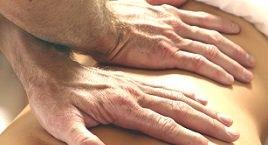 Manual therapy
Manual therapyRelease muscle tightness, improve joint alignment and function.
-
 Chinese Herbal Remedy
Chinese Herbal Remedy
Nature way of Pain Killer, and improve sleep quality.
-
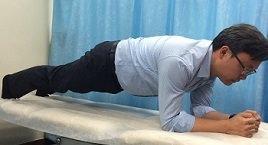 Exercise Therapy
Exercise TherapyPromote injured tissue healing, improve the function of the affected area.
Reference:
1. Yin, C., Buchheit, T.E., Park J.J.. (2017, October). Acupuncture for chronic pain: an update and critical overview. Current Opinion in Anaesthesiology , 30(5), 583-592. doi:10.1097/ACO.0000000000000501.
2. Saha , F. J., Schumann, S., Cramer, H., Hohmann, C., Choi, K. E., Rolke, R., . . . Lauche, R. (n.d.). The Effects of Cupping Massage in Patients with Chronic Neck Pain - A Randomised Controlled Trial. Complementary Medicine Research, 24(1), 26-32. doi:10.1159/000454872.
3. Nakajima, M., Inoue, M., Itoi, M., & Kitakoji, H. (2013). Clinical effect of acupuncture on cervical spondylotic radiculopathy: Results of a case series. Clinical Trial Acupunct Med, 31(4), 364-367. doi:10.1136/acupmed-2013-010317(Read)
4. Callejas-Marcos I, Torrijos-Bravo A, Torres-Chica B, Ortiz-Gutiérrez RM. Eficacia de la punción seca en la cervicalgia en comparación con otras técnicas de fisioterapia: una revisión sistemática [Efficacy of dry needling in neck pain compared with other physiotherapy techniques: A systematic review]. Rehabilitacion (Madr). 2019 Jul-Sep;53(3):189-197. Spanish. doi: 10.1016/j.rh.2018.11.004. Epub 2019 Jul 9. PMID: 31370946.(Read)
5. Witt, C. M., Jena, S., Brinkhaus, B., Liecker, B., Wegscheider, K., & Willich, S. N. (2006). Acupuncture for patients with chronic neck pain. Pain, 125(1), 98–106. https://doi.org/10.1016/j.pain.2006.05.013 (Read)
This was a combined study design, incorporating randomized and cohort studies. 14161 patients with chronic neck pain from German multi-medical centres were enrolled. Usual medical treatment was given as a control group while additional acupuncture for 15 sessions was given as an intervention group. Subjects given acupuncture performed significant improvement in Neck Pain and Disability (NPAD Scale by wheeler) outcome measure. It is believed that acupuncture improves pain relief in addition to conventional medical treatment.
6. Liu, S., Wang, Z., Su, Y., Qi, L., Yang, W., Fu, M., Jing, X., Wang, Y., & Ma, Q. (2021). A neuroanatomical basis for electroacupuncture to drive the vagal–adrenal axis. Nature, 598(7882), 641–645. https://doi.org/10.1038/s41586-021-04001-4




